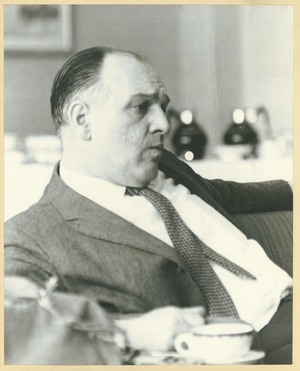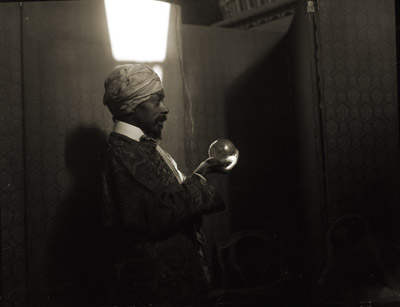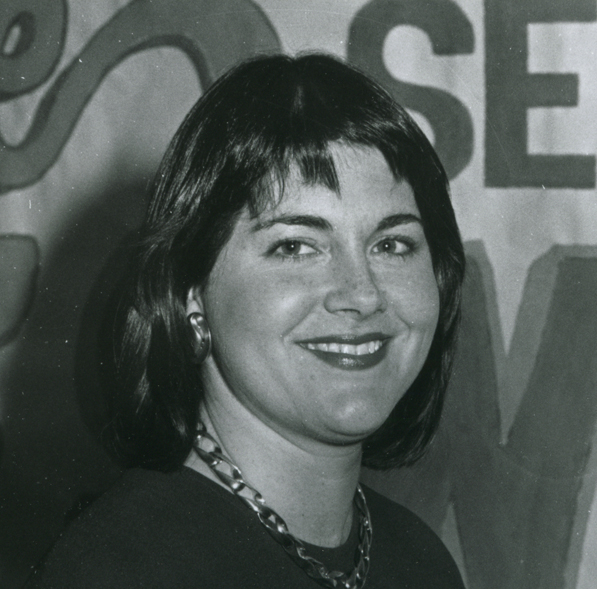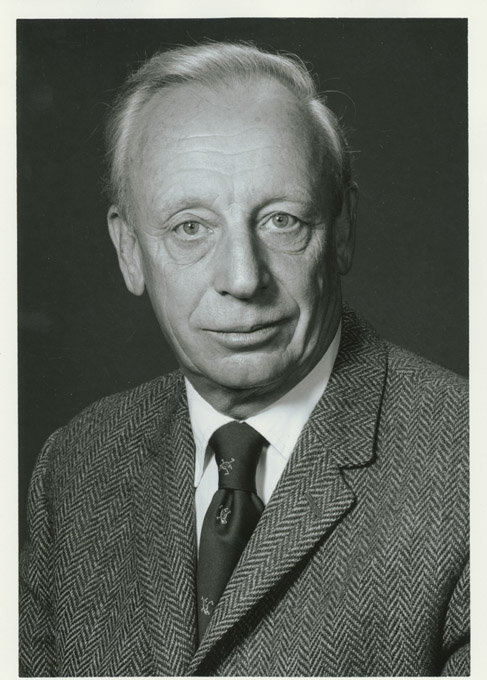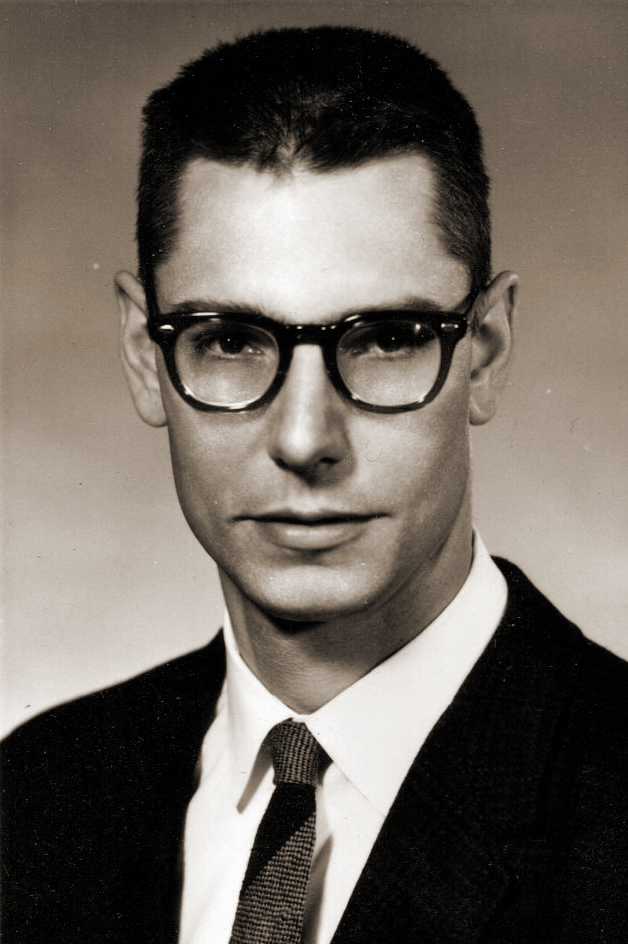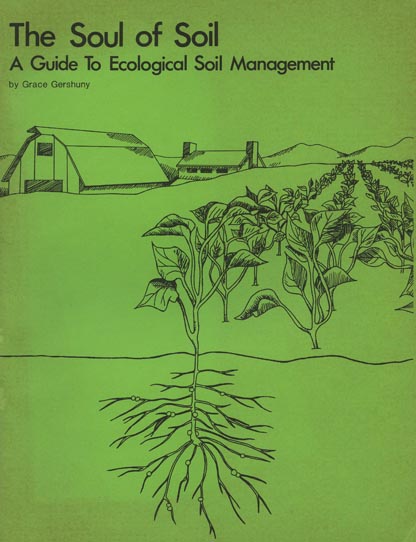Lucy Gwin Papers
Born in Indiana, the writer Lucy Gwin (1943-2014) lived “a lot of lives,” in her own words, working in advertising, as a dairy farmer, civil rights activist, and deckhand on ships servicing oil rigs, all before the age of 40. While living in Rochester, N.Y., in 1989, however, her life took a sudden turn. After a head-on collision with a drunk driver left her with traumatic brain injury, Gwin was remanded for care to the New Medico Brain Rehabilitation Center, where she witnessed a world of isolation, patient abuse, and powerlessness. Never one to shrink from a challenge, she escaped from the Center and used her skills as an organizer and writer to expose conditions at New Medico and shut the facility down. Through her experiences, Gwin emerged as a powerful, often acerbic voice in all-disability rights advocacy, becoming the founder, designer, and editor of the influential Mouth Magazine in 1990.
Lucy Gwin’s papers document the advocacy of an important figure in the disability rights movement. The rich documentation for Mouth Magazine includes comprehensive editorial files arranged issue by issue, some correspondence with authors and supporters, and copies of the published issue. The balance of the collection contains Gwin’s other work as a writer, personal correspondence, and materials relating to her experiences with and campaign against New Medico.

